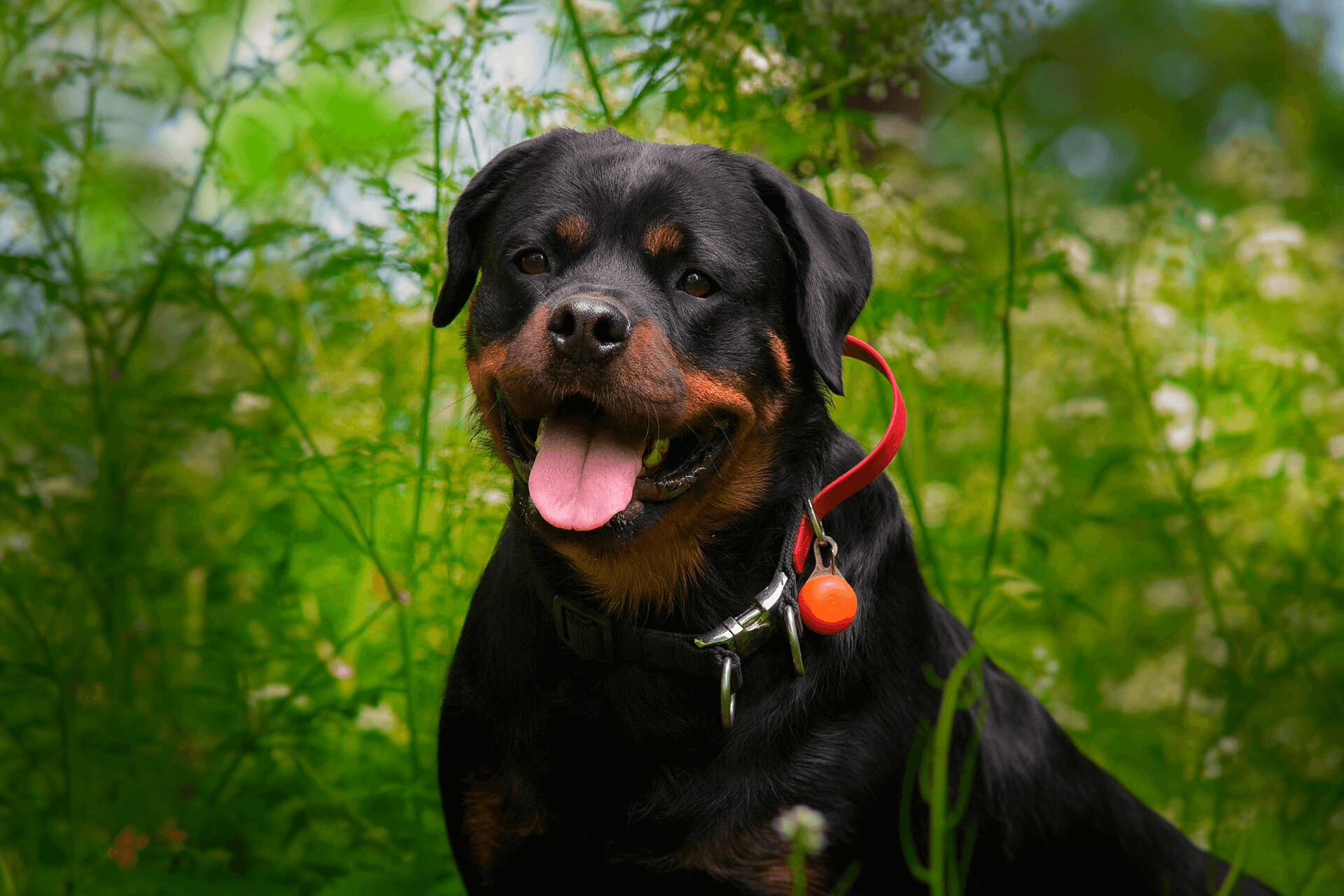Rottweilers: Unveiling the Complexities of Their Guard Dog Skills
Introduction
Rottweilers, with their imposing physique and formidable presence, have earned a reputation as exceptional guard dogs. Their unwavering loyalty, territorial instincts, and protective nature make them highly sought after as guardians of property and loved ones. However, the complexities of this breed extend beyond their inherent abilities, encompassing a range of factors that influence their effectiveness as guard dogs. This essay aims to critically examine the intricacies of Rottweilers and their impressive guard dog skills, providing a nuanced analysis that considers various perspectives and evidence.
Historical Background and Temperament
Rottweilers originated in Germany, initially employed as cattle drovers and butcher's dogs. Their history of protecting livestock and guarding property instilled a strong sense of territoriality and protectiveness. Rottweilers are naturally suspicious of strangers, but when properly socialized and trained, they exhibit a calm and confident demeanor. However, their protective instincts can be triggered by perceived threats, making it crucial for owners to provide consistent training and guidance.
Physical Attributes and Natural Instincts
The Rottweiler's impressive physical attributes contribute significantly to their guard dog capabilities. Their muscular build, powerful jaws, and deep bark serve as deterrents to potential intruders. Their territorial instincts drive them to patrol their surroundings, alert to any unfamiliar presence. Rottweilers possess inherent tracking and apprehension skills, enabling them to pursue and detain individuals they perceive as threats.
Training and Socialization
Proper training and socialization are paramount in developing the guard dog potential of Rottweilers. Early socialization helps them differentiate between friend and foe, reducing the likelihood of unwarranted aggression. Obedience training establishes clear boundaries and teaches them to respond appropriately to commands. Specialized guard dog training enhances their protective skills, including bite work, target identification, and controlled aggression.
Balanced Approach and Ethical Considerations
While Rottweilers possess remarkable guard dog abilities, it is essential to approach their training and management with a balanced perspective. Emphasizing aggression or intimidation can lead to uncontrolled or unethical behavior. It is crucial for owners to prioritize responsible ownership, ensuring that their Rottweilers are well-trained, socialized, and handled by experienced and competent individuals.
Different Perspectives and Scholarly Research
Opinions vary regarding the effectiveness of Rottweilers as guard dogs. Some proponents argue that their intimidating presence and protective nature make them ideal guardians. Others caution against their potential for aggression and question the ethics of breeding dogs for such purposes. Scholarly research has explored both sides of the debate, with studies supporting the effectiveness of Rottweilers in deterring crime but also highlighting the importance of responsible ownership and training.
Broader Implications and Conclusion
The complexities of Rottweilers as guard dogs extend beyond their inherent abilities and training. The debate surrounding their use raises important ethical considerations about the exploitation of animals for protection purposes. Moreover, the potential for Rottweilers to be perceived as aggressive or dangerous contributes to societal biases and prejudices against the breed. It is imperative to promote responsible ownership, education, and a balanced approach to ensure that Rottweilers are valued for their remarkable qualities while mitigating any risks associated with their protective instincts.
In conclusion, the complexities of Rottweilers as guard dogs stem from a combination of natural instincts, physical attributes, training, and ethical considerations. Understanding the breed's history, temperament, and training requirements is crucial for harnessing their protective abilities responsibly. While Rottweilers possess remarkable guard dog potential, it is essential to prioritize responsible ownership, socialization, and balanced training to ensure their safety and the well-being of those they protect. As society grapples with the ethical implications of using dogs for protection purposes, it is imperative to foster a nuanced understanding of Rottweilers and their unique contributions to the realm of canine companionship and security.
The Strong Bond Between Cane Corsos And Their Owners
What Makes Labrador Retrievers So Adaptable To Different Environments?
Top 10 Reasons To Adopt An Australian Mist Cat
:strip_icc()/GettyImages-678833089-c028be113703415890510a940f256ef6.jpg)


